A power outage can be one of the most stressful experiences in a restaurant or commercial kitchen. Without electricity, food preparation becomes challenging, communication is difficult, and the clock starts ticking on perishable inventory. You might find yourself juggling multiple responsibilities, needing to keep the team calm, manage disappointed customers, and coordinate with utility companies to resolve the issue swiftly. Properly caring for your restaurant’s kitchen equipment is often the last thing on your mind as you work through all of the other immediate obstacles.
Creating a backup plan for kitchen equipment is crucial for restaurants to ensure smooth operations during a power outage. Failing to care for equipment during an outage could create even more issues once power is restored.
Here are some important tips to consider when creating a backup plan for your equipment during a power outage:
1. Develop relationships with suppliers and repair technicians.
Establishing strong relationships with equipment suppliers and repair technicians is one of the most valuable
ways to improve your restaurant operations. If equipment is not functioning correctly after a power outage, a professional repair technician can help you assess and fix any issues. That’s why it is crucial to
choose a kitchen equipment repair company that has experience working with all types of equipment and is stocked with a variety of parts on hand to quickly resolve issues.
2. Invest in backup power sources.
If you have backup power sources such as generators or uninterruptible power supply (UPS) systems, connect critical equipment like refrigeration units and freezers to these power sources. This will help maintain their functionality and prevent food spoilage. As you think about alternative power sources, you may also need to consider the backup power option's installation requirements and maintenance demands. Generators, for instance, typically needs professional installation, regular servicing, and fuel storage considerations.
3. Create an emergency plan to keep patrons, employees, and food safe.
Develop an emergency plan that outlines the steps to be taken in case of equipment failure or power outages. Assign roles and responsibilities to staff members so that everyone knows what to do in such situations. Be sure to include details like contacting repair technicians,
keeping employees safe, initiating backup power sources, if available, or shifting to alternative cooking methods.
4. Limit usage DURING an outage. Document equipment conditions BEFORE an outage.
Minimizing the use of non-essential equipment during a power outage is probably the most widely-known equipment tip. Focusing on essential equipment such as refrigeration and cold storage is important to
keep food safe during a power outage. It’s also important to keep a maintenance log of any existing equipment issues or damage before the power outage occurs. This documentation can be helpful for insurance claims or repairs if any equipment is affected during the outage.
5. Prioritize equipment start-up and inspect before using it again.
Once the power is restored, carefully prioritize which equipment to start up first. Begin with refrigerators and freezers to maintain the cold storage of perishable items. Then gradually power up other equipment as needed.
It’s also important to thoroughly inspect all equipment for any signs of damage or malfunction before resuming regular operations. You’ll want to look for frayed wires, burnt components, or unusual odors. If any equipment appears to be damaged, do not use it until it is inspected and repaired by a professional.
6. Maintain an inventory of spare parts.
Sometimes a power outage can damage certain parts or pieces of equipment. That’s why it’s helpful to keep a stock of commonly required spare parts for your commercial kitchen equipment. This can include
commercial kitchen oven parts or
common refrigeration parts to keep in stock. Having these on hand can expedite repairs and minimize downtime.
At ATECH, we’re proud to be
the go-to supplier of commercial kitchen parts for hundreds of restaurants across the state.
7. Train staff to handle a power outage and troubleshoot common issues.
The best way to minimize chaos in the kitchen is to provide clear instructions on how to handle a power outage before it happens. Emphasize the importance of limiting equipment usage, following food safety protocols, and properly restarting equipment. It can also be helpful to equip your kitchen staff with
basic troubleshooting skills so they can handle minor equipment issues.
ATECH: Keeping Your Kitchen Running Smoothly at All Times
Whether a power outage is caused by a power surge or a downed line, it’s important to stay calm and act quickly. If you have any questions about preparing for an outage or experience any problems afterward, contact the experts at ATECH to schedule a service call. Our team is committed to repairing and maintaining your commercial equipment quickly, efficiently, and effectively. To help you keep a regular schedule for servicing your commercial kitchen equipment, reach out to us for a planned maintenance visit today.
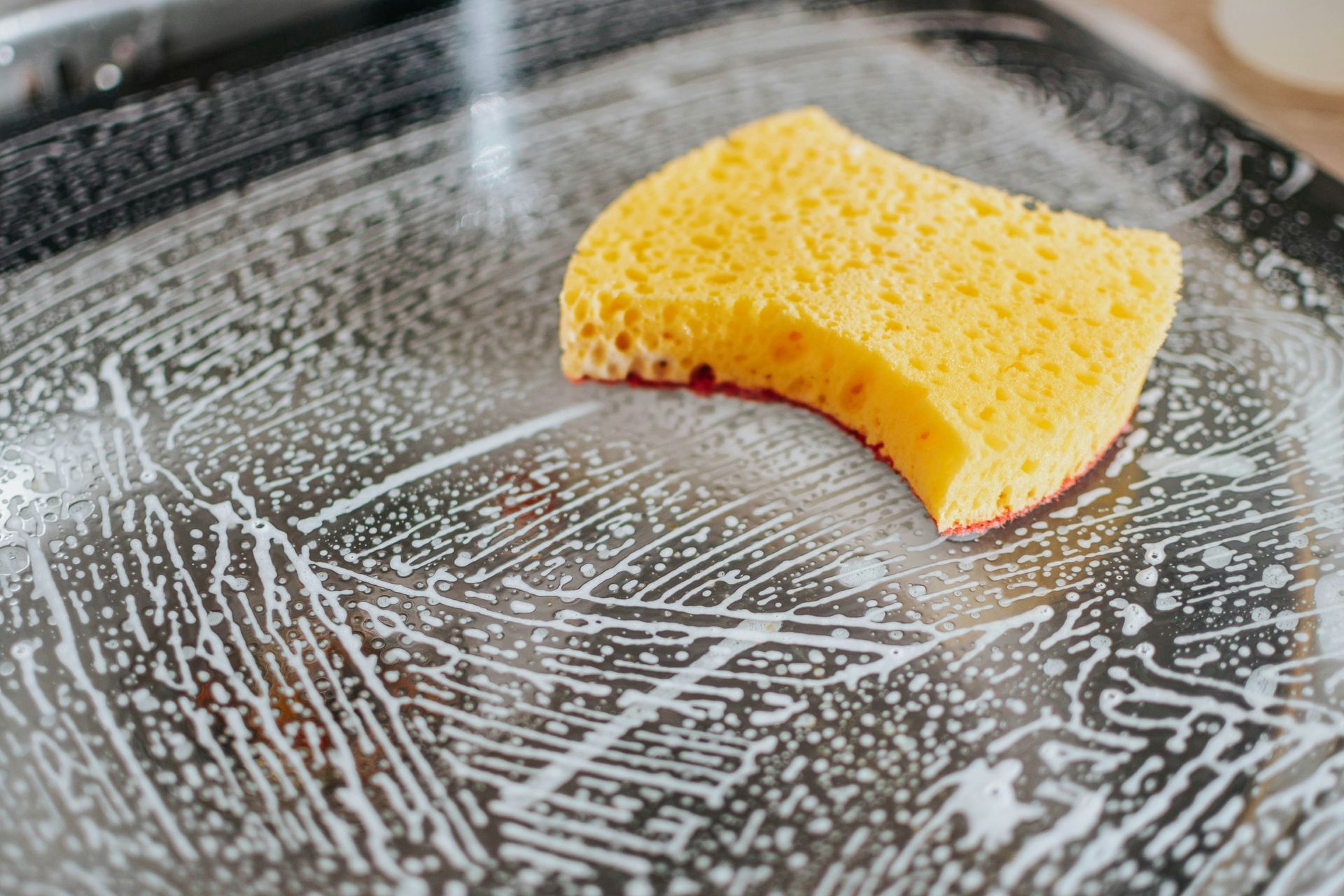
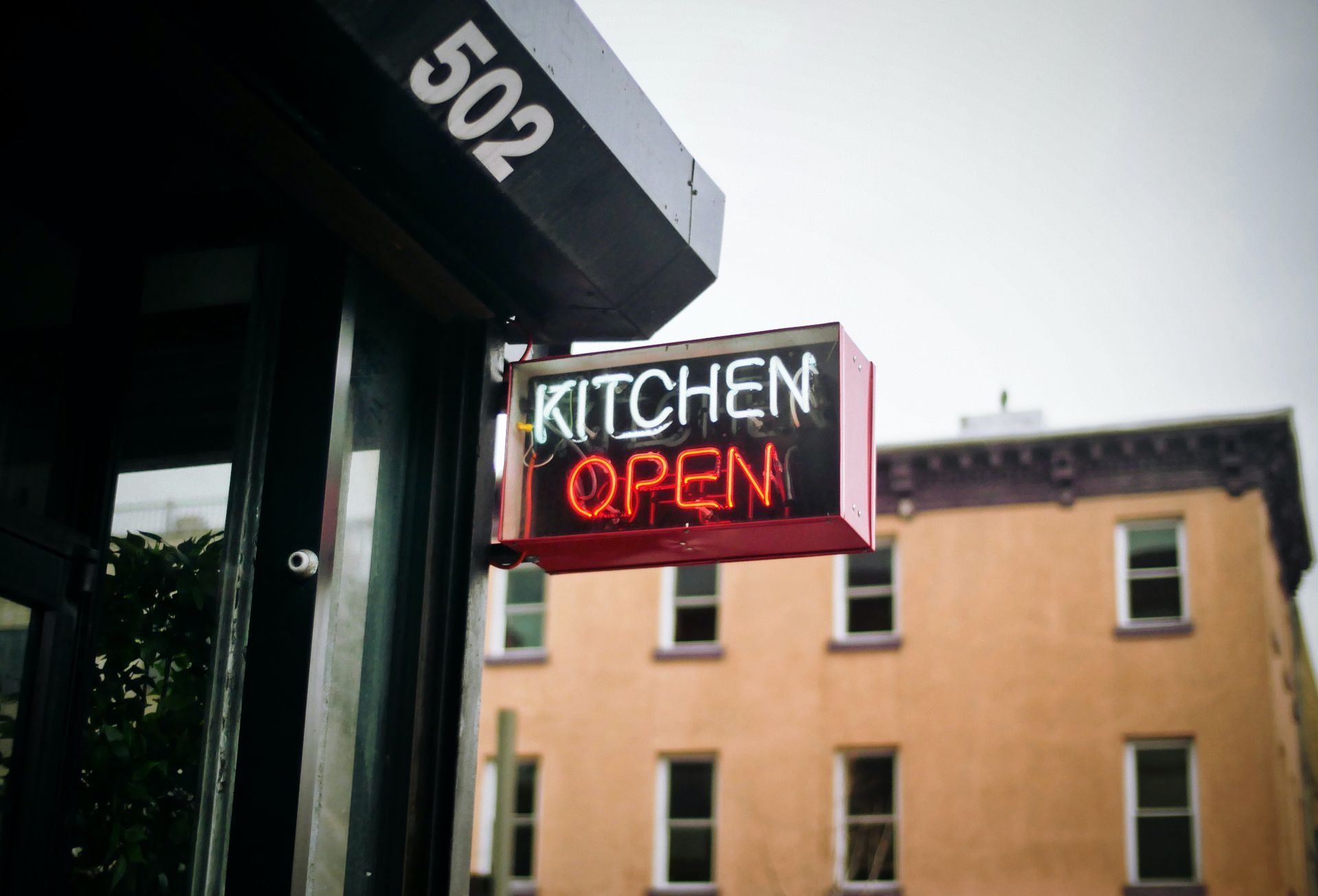

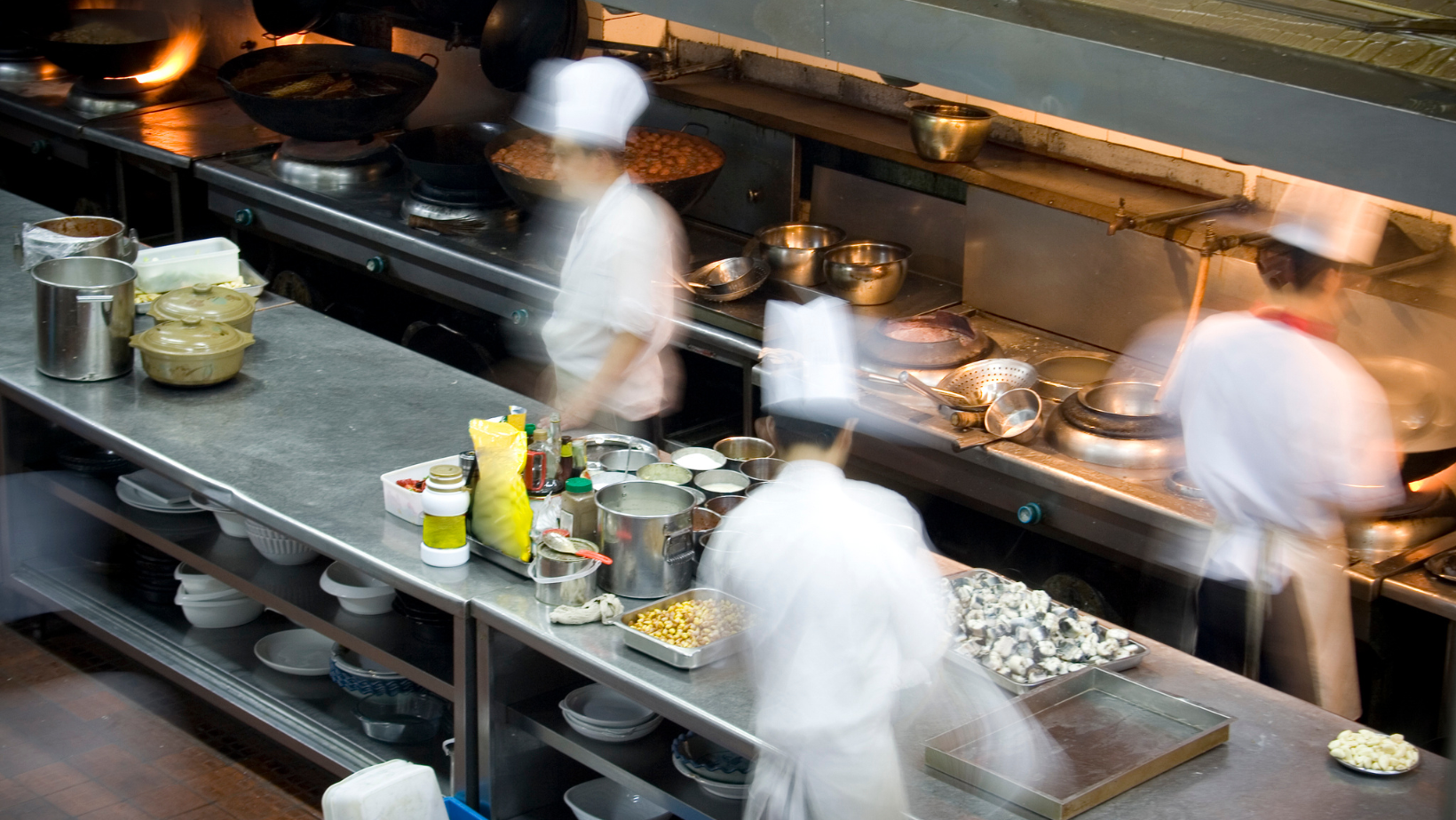

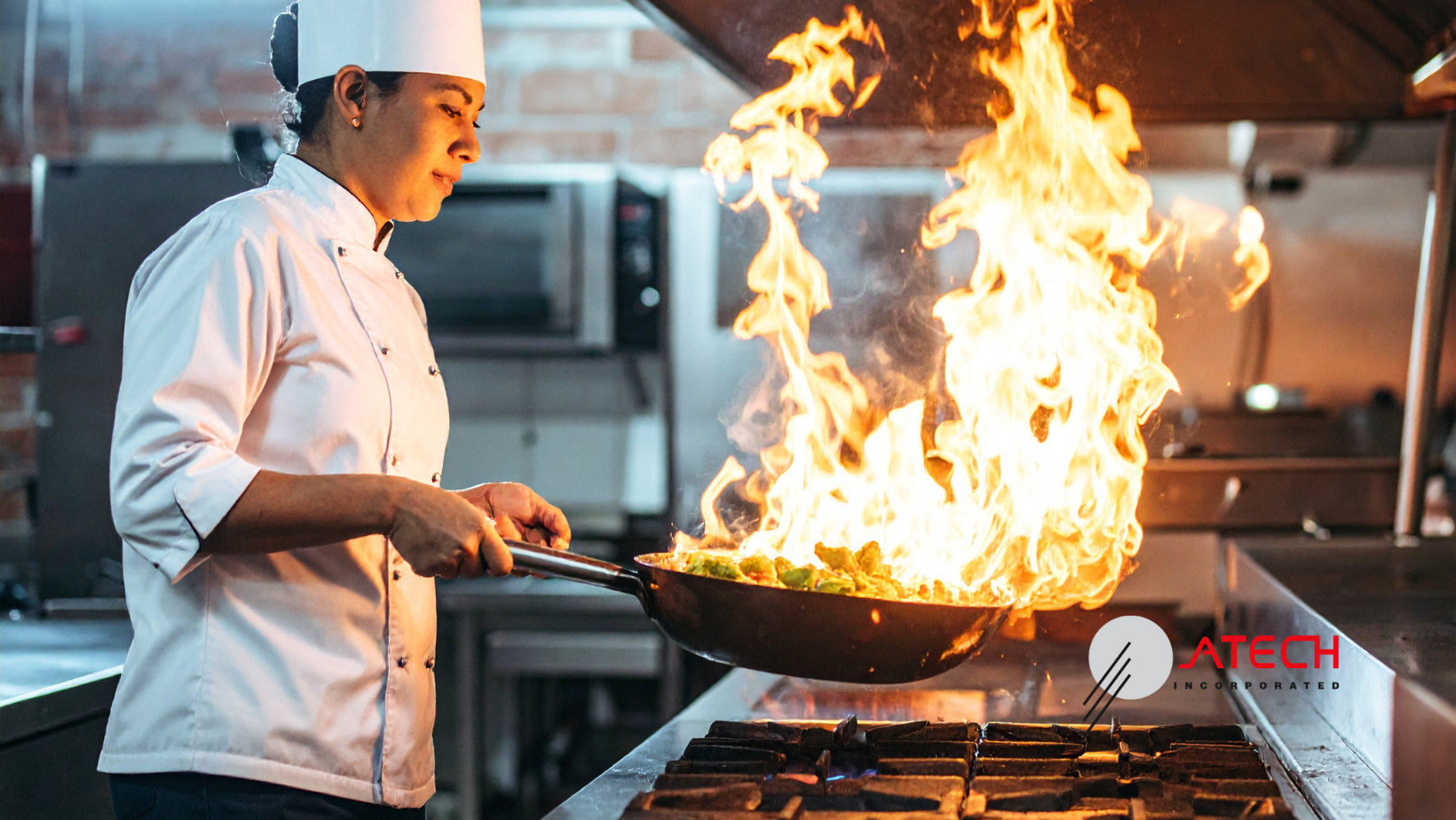


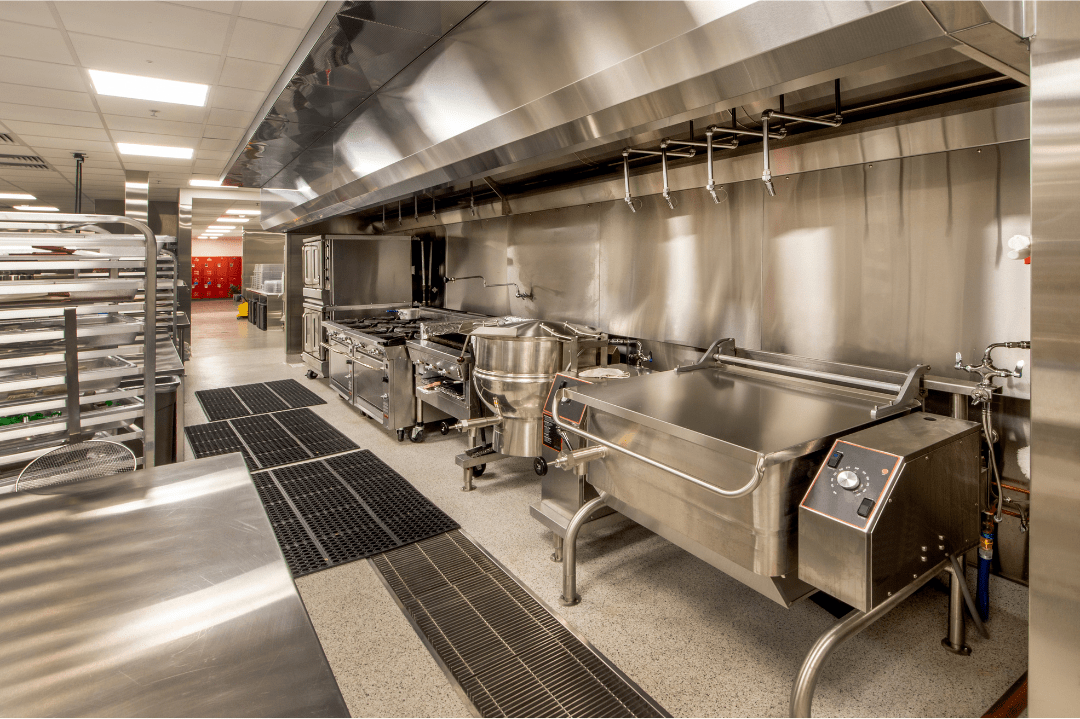
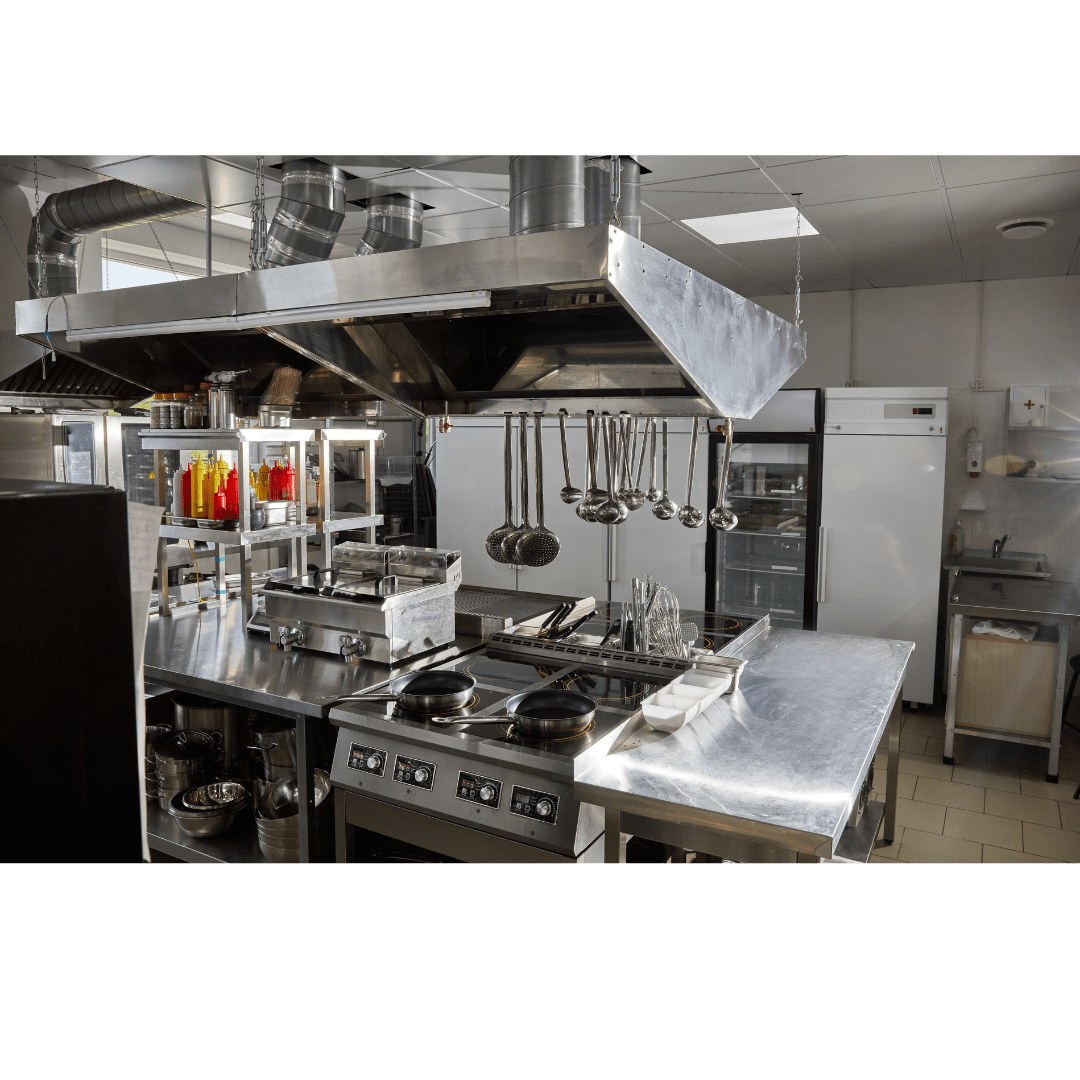

Share On: